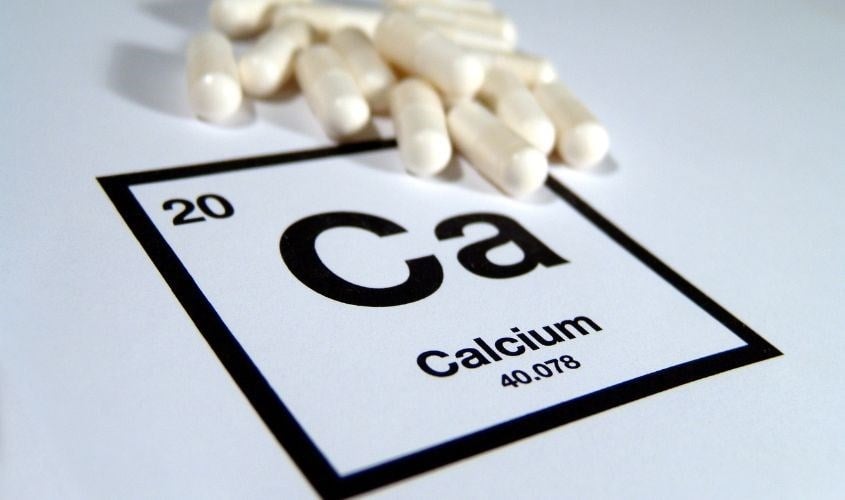The perimenopause stage is often a chaotic time for women, with a host of changes and challenges. During this time, the body undergoes a decline in estrogen levels, leading to an increased risk of aging, hormonal imbalances, irregular menstrual cycles, and noticeable signs of pre-menopause and menopause. It is crucial to proactively address these changes to prevent severe consequences for health and overall well-being.
As women transition into their middle years, they may encounter three concerning health risks:
1. Weight Gain and the Risk of Chronic Diseases
Middle-aged women often experience weight gain due to a slower metabolism. Failure to manage weight effectively can result in fat accumulation under the skin and around internal organs, increasing the likelihood of chronic conditions such as obesity, high blood pressure, cardiovascular issues, and diabetes.

2. Bone and Joint Health Decline
Compared to men, women tend to have lower bone density. The drop in estrogen levels during middle age accelerates bone weakness, increasing the risk of osteoporosis, bone fractures, and joint inflammation-related issues.
3. Menopause Symptoms
Around the age of 50, women undergo physiological changes such as irregular periods, insomnia, and mood swings, signaling perimenopause or menopause. Without timely intervention, this stage can prolong, leading to depression and significant physical and mental health challenges.
Solution: To navigate these changes effectively, middle-aged women should focus on adjusting their diets and ensuring sufficient nutrient intake. This proactive approach helps slow down aging, improves overall health, and maintains a good quality of life.
2. Gynecologist’s Recommendation: Four Essential Nutrients for Middle-Aged Women
As middle age sets in, women experience noticeable physical and hormonal changes. To slow down aging and protect their health, experts recommend the timely supplementation of these four critical nutrients:
1. Calcium – Fight Osteoporosis and Maintain a Youthful Physique
Middle-aged women are prone to rapid calcium depletion, increasing the risk of osteoporosis, bone fractures, and reduced mobility. Adequate calcium supplementation, either through diet or supplements, helps strengthen bones and slow down the aging process.
Calcium-rich foods include dairy products, eggs, fish, and shrimp, or as directed by a physician.

2. Estrogen – Hormonal Balance and Menopause Symptom Relief
The decline in estrogen levels during middle age is primarily responsible for hot flashes, insomnia, irregular periods, and depression. Timely estrogen supplementation helps women navigate menopause more smoothly and reduces the risk of bone, joint, and cardiovascular issues.
Phytoestrogen-rich foods like soy products, figs, seeds, and nuts, or functional foods, are ideal for supporting hormonal balance.
3. Folic Acid – Lower the Risk of Cerebrovascular Accidents
Folic acid is essential not only during pregnancy but also for middle-aged women. Research indicates that a deficiency increases the likelihood of cerebrovascular accidents in older adults.
Folic acid can be found in dark, leafy greens, fruits like kiwis, strawberries, and cherries, soy products, or through supplements, as advised by healthcare professionals.
4. Vitamin B Complex – Boost Nervous System and Improve Sleep Quality
Vitamin B plays a crucial role in regulating nerve function and supporting sleep. During middle age, hormonal fluctuations can lead to stress, insomnia, and fatigue. Supplementing with Vitamin B helps soothe the nervous system and enhance mood effectively.
Vitamin B-rich foods include whole grains, liver, eggs, dairy, and dairy products.
Advice: The body begins to age after 30. Therefore, don’t wait until health declines to prioritize nutrition. Taking care of your body early on is the key to maintaining a youthful appearance and long-term health well into middle age and beyond.






























